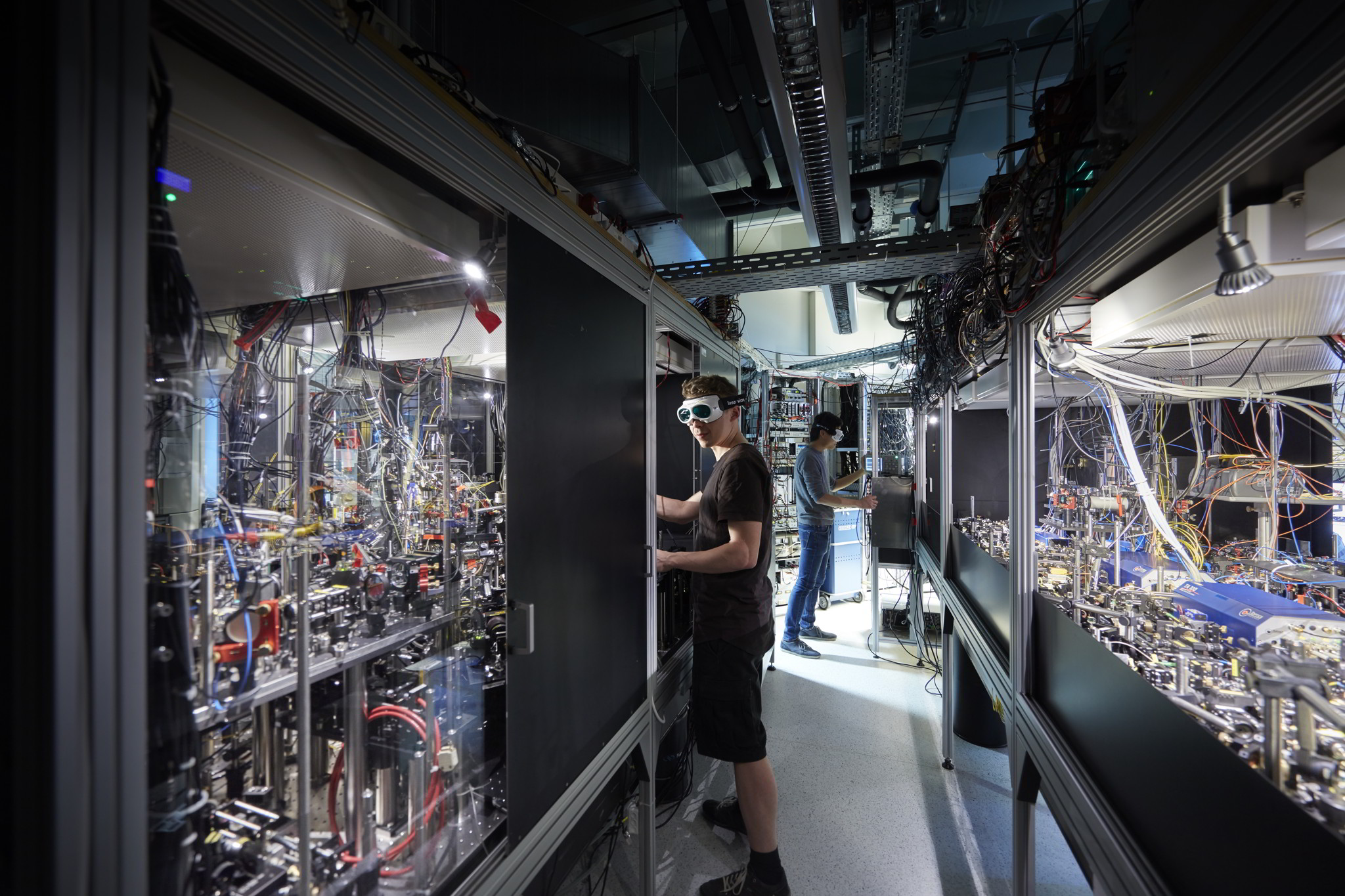Quantum computing could be the next big thing. It is a large, multidisciplinary field of modern science that spans various scientific fields and has great promise for future information, sensing, and computing technologies.
The quantum computer, for example, could revolutionize artificial intelligence by providing computers with much more processing power than today’s classical computers. Quantum biology could lead to new cures for diseases.
Though the quantum research field is founded on fundamental knowledge of quantum mechanics principles, it still draws on advances in neighbouring study fields, including mathematics, computer technology, electrical engineering, and chemistry. Hence, the need for advanced courses geared towards Quantum Science & Technology.
Two Munich universities, Technical University Munich (TUM) and Ludwig-Maximilians University Munich (LMU), have joined forces to create the Munich Center for Quantum Science and Technology (MCQST). The center offers a Master’s program in Quantum Science & Technology.
Masters Program In Quantum Science & Technology
The Master of Science degree in Quantum Science and Technology provides students with a broad and deep foundation in quantum mechanics and related areas of physics, mathematics, and computer science.
The program delves into the principles of superposition and entanglement, such as quantum sensors, quantum algorithms, and quantum computers, which are modern applications of quantum technology.
Specialization Areas
Students can specialize in the following areas:
- Experimental Quantum Science & Technology
- Theoretical Quantum Science & Technology
Course Details
The two-year program is divided into two phases: the study phase and the research phase.
The Study Phase
The study phase is spent mainly on essential introductory lectures and lab courses and covers:
- Quantum Hardware
- Quantum Information
- Advanced Practical Training
- General Education Subjects
The Research Phase
The research phase focuses on research within the framework of the Master’s thesis. Throughout this phase, students will benefit from an excellent research environment and involvement in numerous national and international research networks. Applications for the Master’s program are only accepted for the winter semester.
Learning Outcome
By the end of the program, students learn to translate current research and development results in science into applications such as quantum sensors, quantum algorithms, and quantum computers that exploit quantum phenomena, particularly superposition and entanglement.
The course covers the fundamentals and abilities needed to carry out multidisciplinary research or industry initiatives successfully. It is intended to prepare graduates for employment in various scientific, industrial, and service areas.
Graduates of the QST Master’s program can be employed in experimental and theoretical research activities, as well as in the planning and documentation of research projects and in adjacent fields of activity in the computer science and technology industry, such as patenting, development, project planning, or in public institutions.
Who Is It For? Get in on the 2nd Quantum Revolution.
Students who have completed their Bachelor’s degree in Physics, Chemistry, Electrical Engineering, Mathematics, and Computer Science with Quantum Mechanics are eligible. An admissions committee will evaluate the applicability of the university degree and give or deny entry depending on the abilities learned. Basic knowledge of quantum mechanics is also required.
Because of the field’s complexity, the program seeks students who will work at the forefront of quantum science and expand contemporary research topics in natural sciences, mathematics, and engineering (e.g. computer science and electrical engineering).


